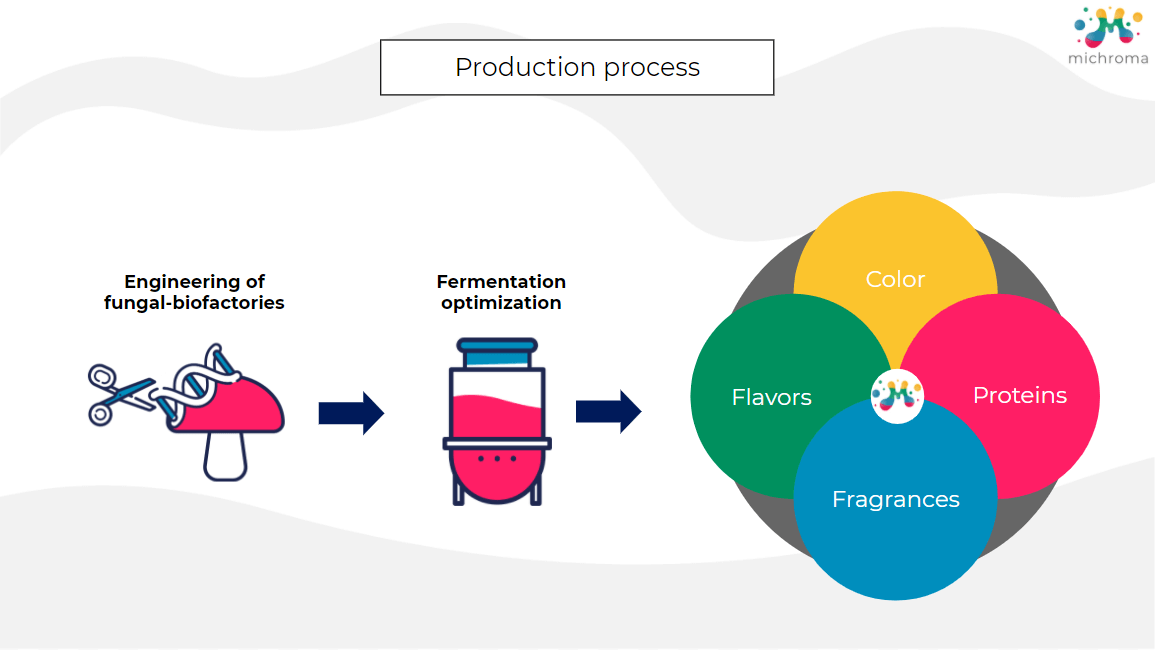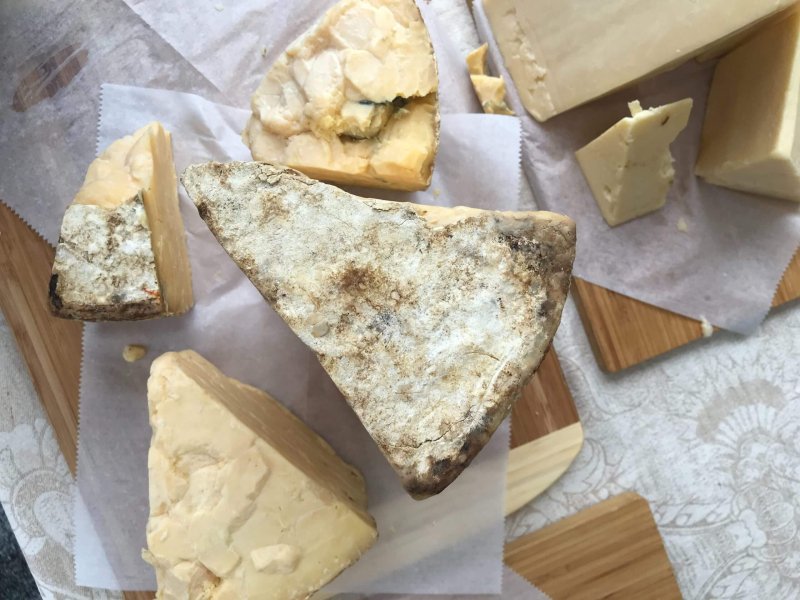Fermentation is a type of biotechnology that uses microorganisms to create a chemical change that can produce food additives and animal feed.
Fermentation can offer a number of benefits for food producers—including sustainability, health and product performance.
Talking about how fermentation delivers on these, [FoodBytes!’s Lindsay McCorkle said,] “Most of these processes require even less resource use than plant-based options—they don’t require extensive use of farmland or water, and energy use is relatively low.”
…
Product functionality may also significantly improve thanks to fermentation. Alternative milk, for example, is tipped as having an identical mouthfeel to a dairy product without added emulsifiers. Fermented cheese is also garnering appeal, as it can melt and move in the same way as a dairy version does.
Fermentation technology has the potential to create a variety of components. McCorkle detailed that the long list includes whole products like chicken breast imitation by air-based meat innovator AirProtein and alternative cheese producer Superbrewed Food, “but also important ingredients like fats, flavours and food colourings”.

Advancements in synthetic biology (synbio) technology like CRISPR (clustered regularly interspaced short palindromic repeat) are contributing to the world’s findings into new fungal species and helping them to develop novel industrial strains.































